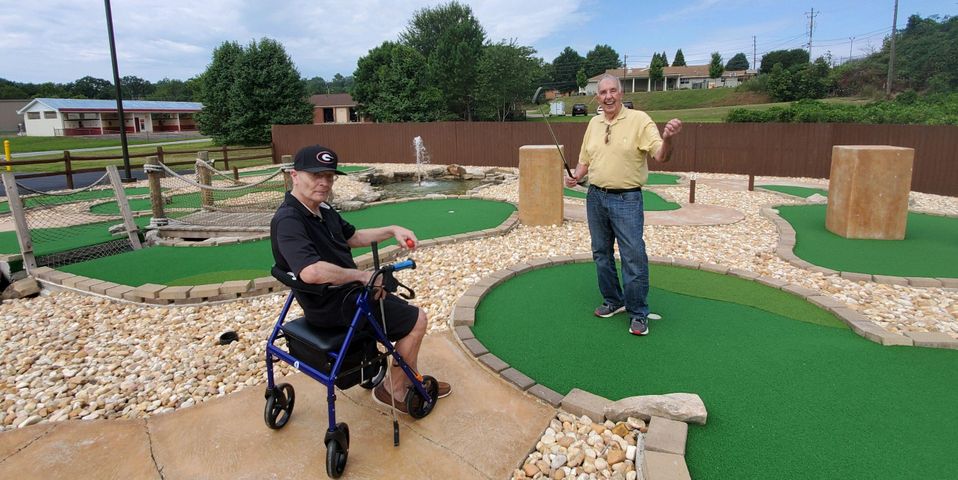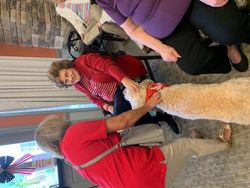
Dementia is a term used to describe diseases that affect the language, decision-making, and memory portions of the brain. Some of the illnesses have overlapping symptoms and ones unique to their specific condition. Learning more about these diseases will allow you to better assist and comfort your relatives. While the conditions are irreversible, there are numerous dementia care options to help elderly loved ones through every stage of their disease.
1. Alzheimer’s Disease
Between 60% and 80% of dementia cases are caused by Alzheimer’s. Early signs include depression, decreased energy, and lapses in memory. As the disease progresses, confusion and disorientation will increase. Personality changes and poor judgment are also common. Eventually, the patient will be unable to walk or verbally respond.
Seniors age 65 and older are most susceptible to developing Alzheimer’s, but there are cases of early-onset in those in their 40s and 50s.
While there is no cure yet for Alzheimer’s, dementia care options specific to the disease can slow its progression.
Maintaining a predictable routine will help keep them calm. Their space should have minimal noise and be soothing. Playing music they love will ease them and help with memory recollection exercises.
2. Vascular Dementia
 Vascular dementia is the second most common form. It develops from a lack of blood flow to the brain caused by strokes or atherosclerotic disease. The earliest signs are disorientation, confusion, and difficulty completing tasks. In some cases, vascular dementia can cause hallucinations.
Vascular dementia is the second most common form. It develops from a lack of blood flow to the brain caused by strokes or atherosclerotic disease. The earliest signs are disorientation, confusion, and difficulty completing tasks. In some cases, vascular dementia can cause hallucinations.
3. Huntington’s Disease
A hereditary genetic defect causes Huntington’s disease to develop. Patients may experience difficulty reasoning, recalling events, focusing, and swallowing. Most commonly, their movements will become impaired. Limbs will jerk suddenly, and they will often fall while trying to walk.
4. Parkinson’s Disease
Parkinson’s is mostly known for its tremors, but it can also lead to dementia. In its early stages, individuals experience posture changes and difficulty smelling. Parkinson’s-related dementia will cause memory lapses and hallucinations. Irritability is also common due to depression and paranoia, which will sometimes develop as the disease progresses.
5. Dementia With Lewy Bodies (DLB)
DLB shares many symptoms with Alzheimer’s and Parkinson’s disease, which is why their dementia care strategies are often similar. The disease can cause disorientation, fainting, and hallucinations. Changing sleep patterns are also common.
All dementia patients benefit from physical tasks like daily walks and chair exercises. They often prevent wandering and aggressive behavior. Since dementia can cause sleep disturbances, physical activities will help them burn energy and maintain a normal resting schedule.
If an elderly loved one is experiencing any form of dementia, they will be treated with dignity and compassion at Provident Village at Creekside in Cobb County, GA, and Provident Village at Canton in Cherokee County. They offer customized dementia care services to make seniors physically and emotionally comfortable. Residents have access to memory stimulating activities and a trained medical staff. Learn more about their assisted living communities by visiting their website. To schedule a visit at Creekside, call (678) 210-7135. For Cherokee County, call (770) 233-7896
About the Business
Have a question? Ask the experts!
Send your question

